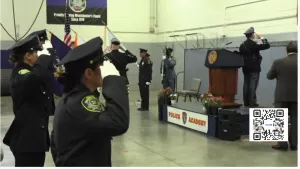More Stories
The New Rochelle Police Department expects to implement a body camera program this summer.
Deputy Police Commissioner Rob Gazzola, who will become the department’s commissioner in July, said police just purchased 150 body cameras which will be worn by uniformed officers.
He said turning the devices on and off is simple, implementing a program is much more complicated.
"It’s when you record, how you record, the length of the recording, when to stop recording which is crucial,” he said. “In policing nowadays you don’t want officers to stop recording into the incident."
EXPANDED COVERAGE: Justice For All Series
Many police departments are now implementing body camera programs in the wake of the Black Lives Matter movement.
In New Rochelle, some community members called for more transparency and police accountability following the fatal officer-involved shooting of Kamal Flowers last summer.
Part of the incident was captured on grainy video from a nearby building.
A grand jury declined to indict the officer involved.
In February, the city finalized a police reform plan calling for the implementation of a body camera program.
"I think it will go a long way in helping explain better what we do when we interact with our communities” said Gazzola.
The department has been considering implementing the technology for years, exploring the idea during a pilot program back in 2015.
"At the time the city council decided to not go forward with the program, it was really more for the expense," said Gazzola.
Body cameras are the least expensive component, costing $500-$700 each.
Gazzola says storing the footage is costly.
New Rochelle Police’s body camera program will cost $381,271 the first year, and $201,379 annually after that.
The department received a $250,000 state grant to help offset the cost of implementing the program the first year.
There is also the issue of turning over footage connected to a criminal case to the Westchester District Attorney’s Office.
“If we record an incident, not all of the video is going to be evidence,” Gazzola explained.
The department added a discovery unit in January 2020 after the state passed criminal justice reform laws requiring police to turn over evidence to defense attorneys sooner.
That five person team will now be responsible for sorting video captured by officers.
Undercover officers will not be required to wear body cameras.
Text and reporting by Nadia Galindo
More from News 12
3:49
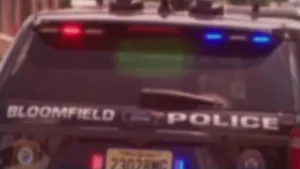
Grand jury declines to file charges against police officers who shot motorist in New Jersey
3:50
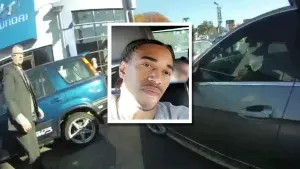
Shooting of unarmed motorist by Bloomfield police will be investigated by grand jury
20:41
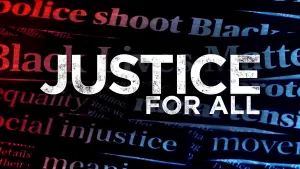
Justice For All Town Hall: Have reforms gone far enough in the wake of George Floyd's murder?
3:18
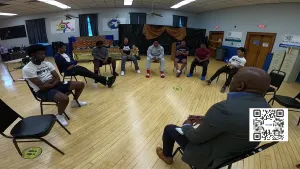
‘No one was doing anything’ - High school, college students discuss impact of George Floyd’s death on Black men
2:51
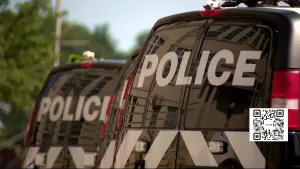
Despite changes, organizations claim roadblocks to police records remain
3:14
